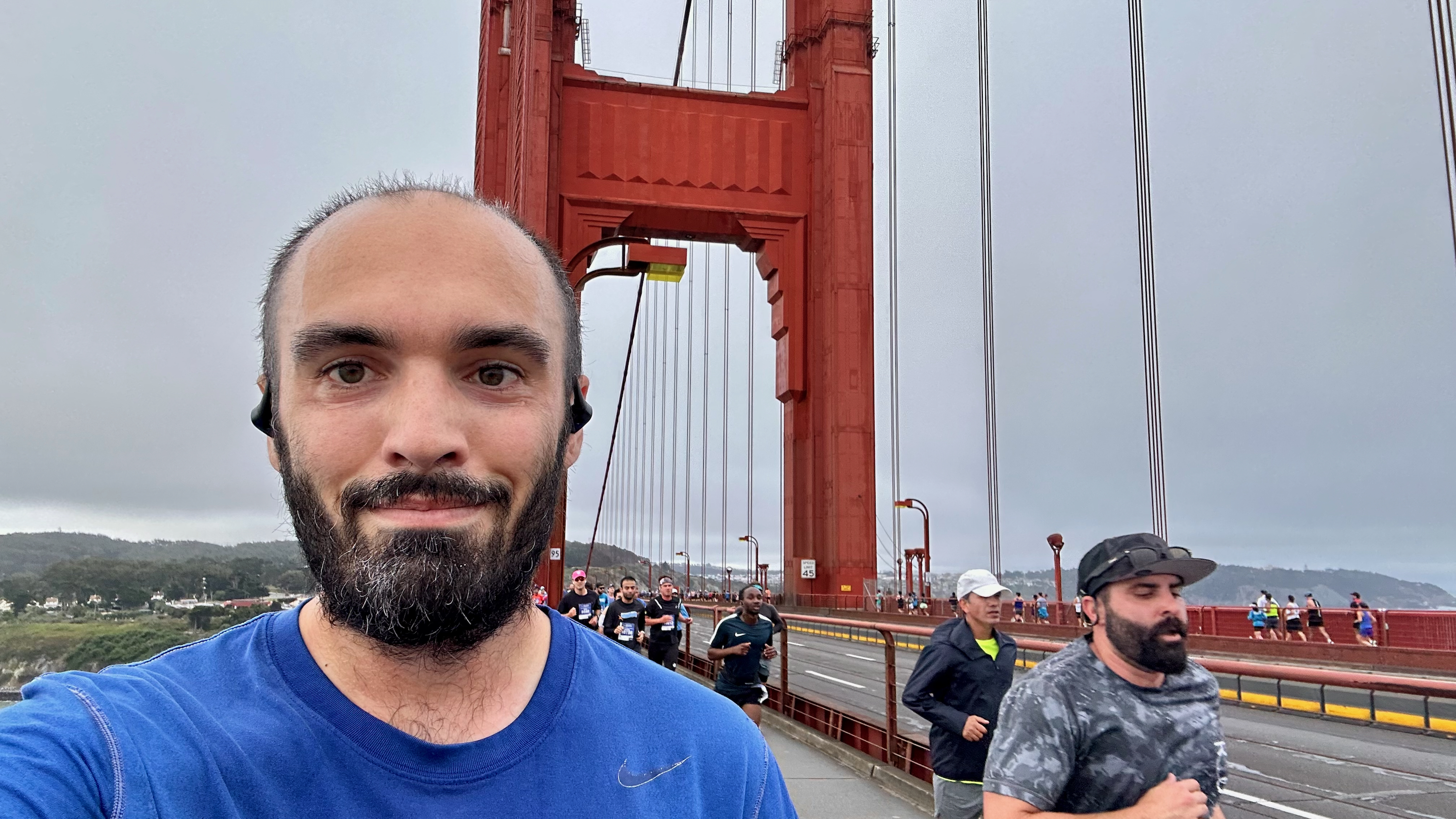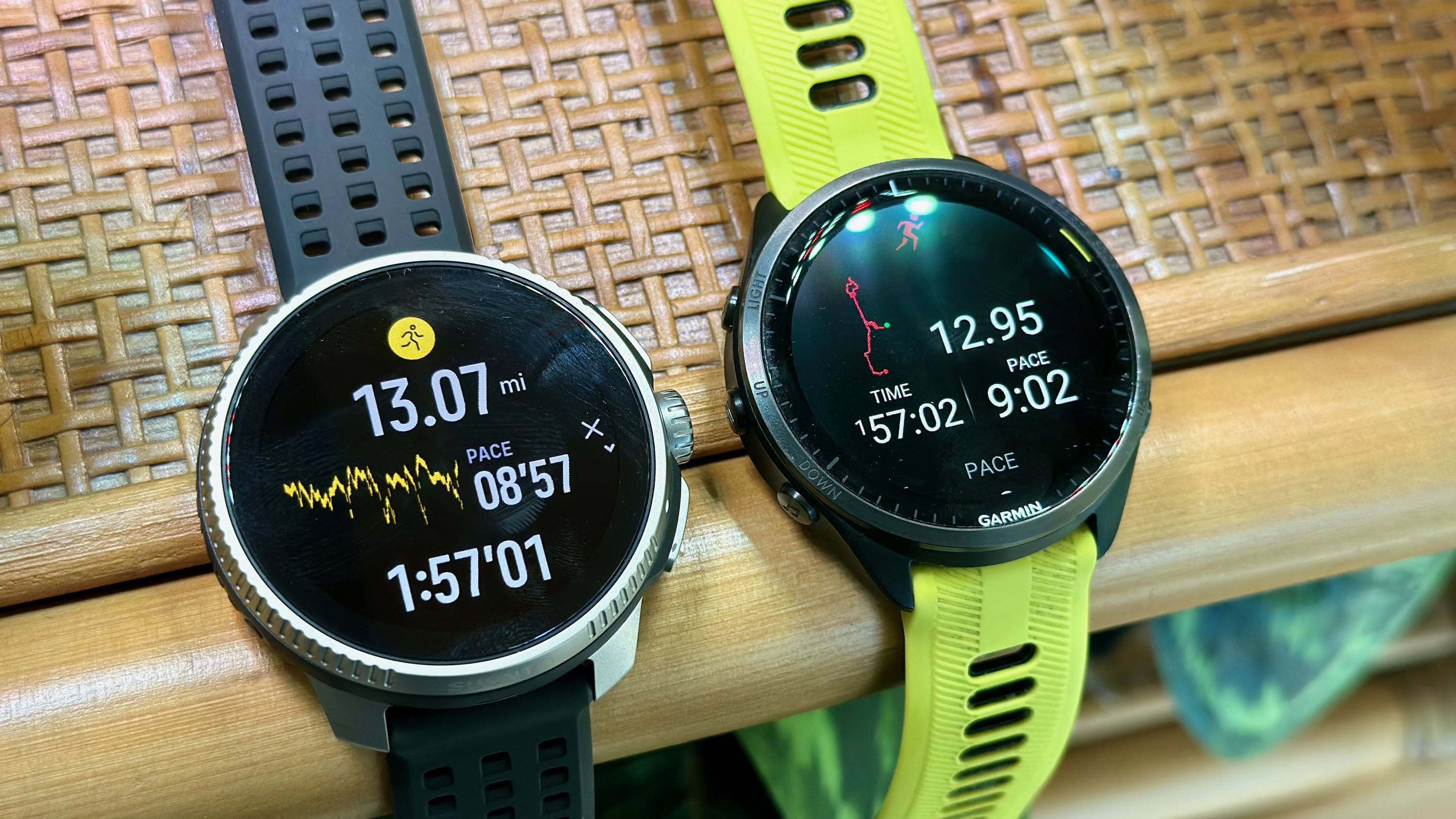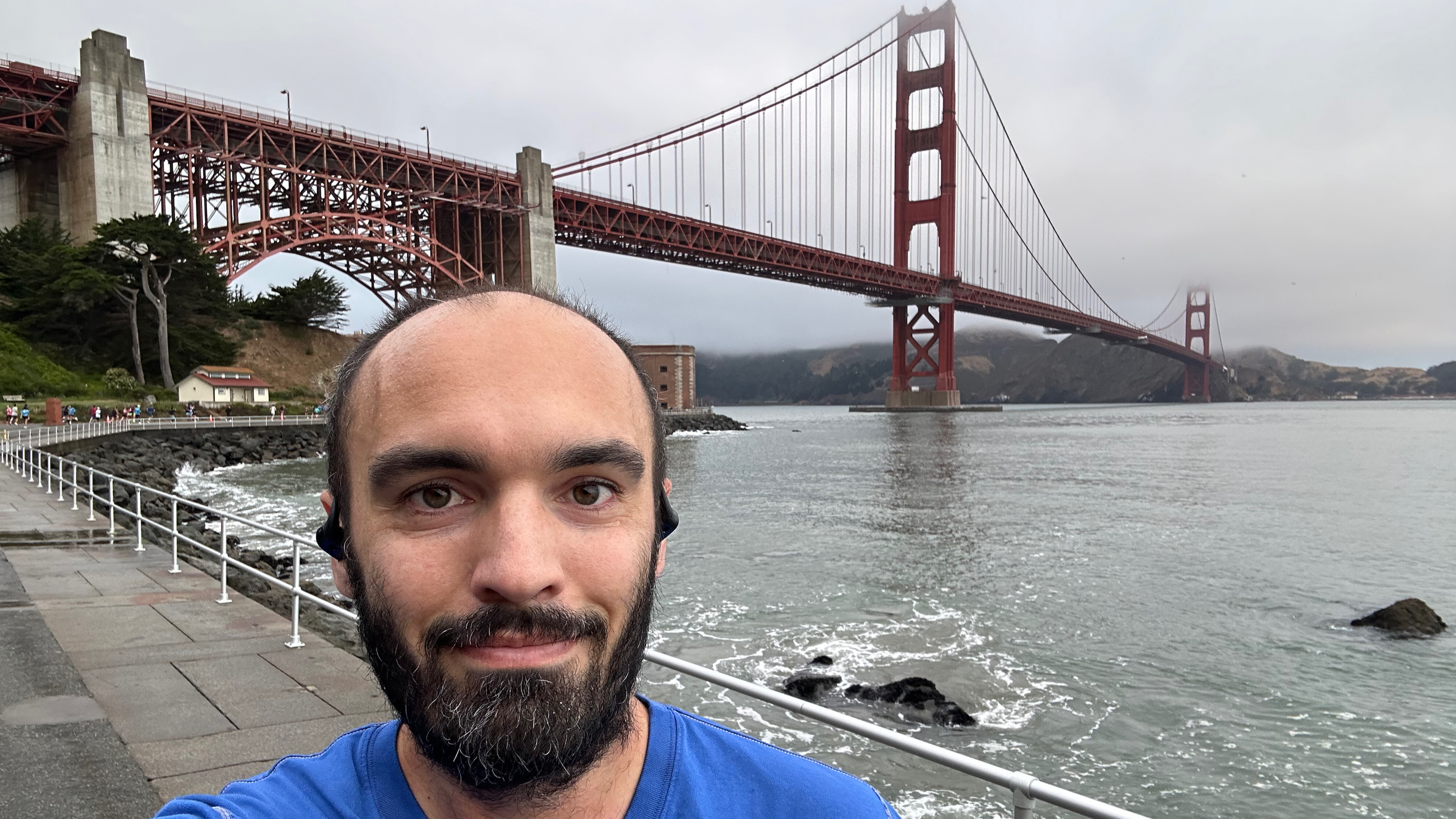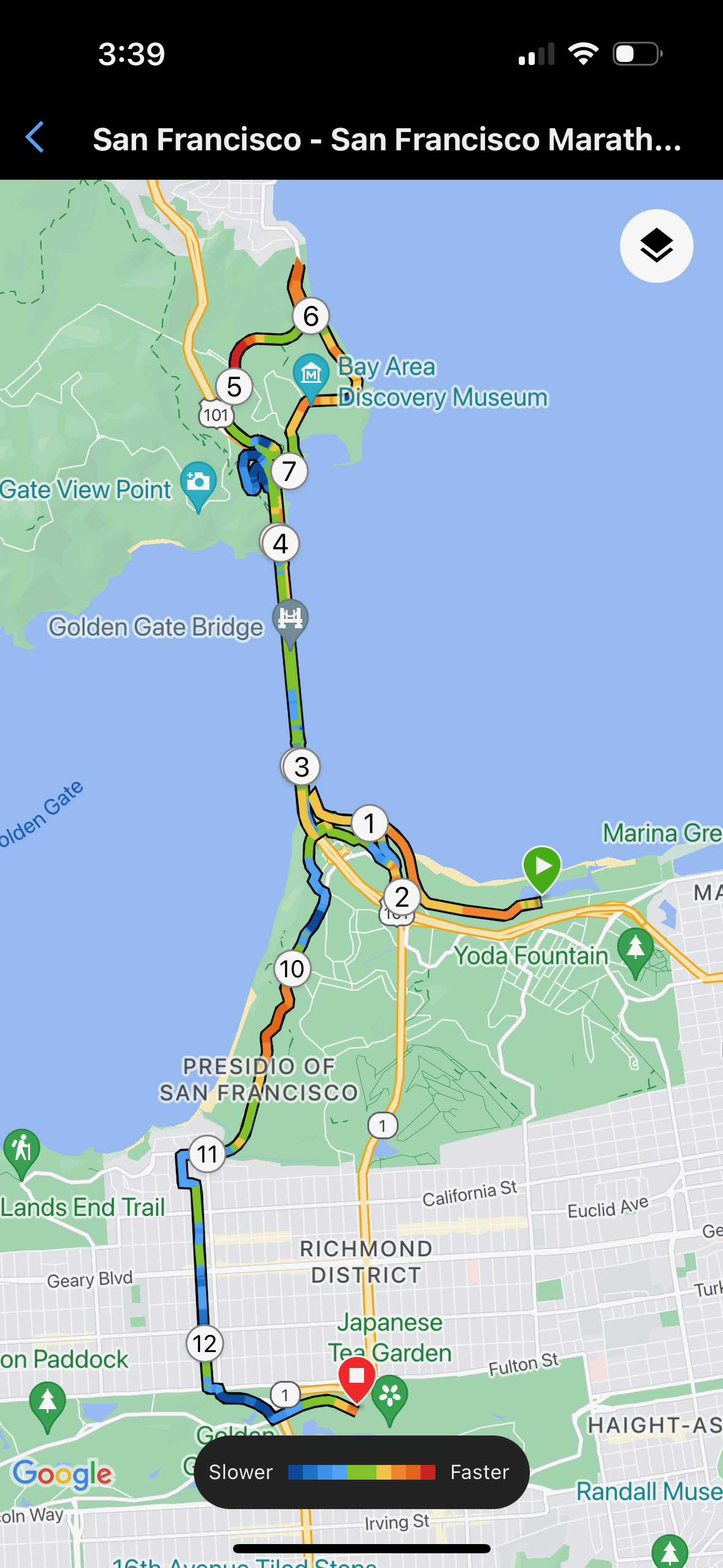The SF Half Marathon controversy is exactly why a good running watch matters
SF City Half marathoners only ran 12.6 miles, but two dual-band GPS watches warned me that my SF Bridge Half Marathon was short, too.

Last weekend, I ran the SF Half Marathon, an expensive local favorite that lets you run across the Golden Gate Bridge or through Golden Gate Park and iconic city streets. Now that race is embroiled in some controversy, one that gaslit me into mistrusting my running watch data when I should have mistrusted the race organizers.
The news broke this week that the San Francisco Marathon miscalculated its City Half Marathon by a full half-mile and was forced to label it as a 12.6-mile race on its website after runners complained.
Thousands of runners who paid nearly $300 for the event — not to mention travel, lodging, and food costs — now can't use the race for any potential qualifying times or Strava records. While the organizers apologized, most runners found this inadequate.
I myself ran the SF Bridge Half Marathon that day, which doesn't feature anywhere in the organizers' belated mea culpa. It's still listed as 13.1 miles. Trust me when I say that neither the City Half nor the Bridge Half hit the official half-marathon distance, even if the City course was more egregiously wrong.

I ran the SF half marathon wearing both the Suunto Race and Garmin Forerunner 965, along with a Coros Heart Rate Monitor; I'm reviewing the Suunto Race's location and HR accuracy, and wanted to see how it compared for a long race.
Ultimately, Garmin tracked me running 12.95 miles and Suunto 13.07 miles. At first glance, that's not that far off from the official distance, but runners typically end up running more than 13.1 miles because they don't run the perfect, most efficient route.
For most of the race, my watches would measure me hitting a mile marker about 50–150 yards before the official race signs. And it wasn't just me: I usually heard dings from fellow runners' watches within a few feet of when my Garmin watch hit each checkpoint. At the mile 12 sign, I'd already run at least 12.1 miles.
Get the latest news from Android Central, your trusted companion in the world of Android
Then, pushing myself to hit my sub-2 hour goal for the race, I suddenly hit the 13-mile mark when my Garmin watch said 12.81 miles. It was as if 0.3 miles of the course had vanished! I sprinted that last 100 yards feeling more confused than triumphant; I wondered if I'd cut a corner somewhere and inadvertently cheated.
But when I looked at my Strava summary, I noticed that Strava had lumped me into a "Group Activity" with dozens of other runners. So I checked their tracked distances: 12.98, 12.95, 12.84, 12.92, 12.82, 12.91...I won't list every distance, but 13.01 miles was the longest I could find, and 0.2 miles short was the average.
So, even though the SF Marathon team only admitted that the Second Half distance was wrong thanks to "human error," I'm certain the Bridge Half course didn't reach 13.1 miles, either. Collective GPS watch data makes it pretty clear.

I finished just shy of 1:57. I was running at about 10:00/mile pace in that last mile, so if I'd run the missing 0.3 miles, I probably would've been seconds above or below that 2-hour benchmark I was aiming for. Instead, I felt a bit robbed not knowing if I would've pulled it off or not.
Reddit threads erupted after the race, with everyone noting the short 2nd Half and their frustration that a USATF-certified course wouldn't count for their PRs or qualifications. A few comments noted that the 1st Half fell short, too, only for more-liked replies to attribute this to GPS watch inaccuracies.
It's a fair point. My Suunto Race's distance data wasn't the most accurate, despite its dual-band tracking, and GPS-only watches are even less trustworthy. But just because a mistake is less obvious doesn't make it less relevant. People assumed that first-half runners were just jumping in to complain because even in moments like this, they will defer to a race course's accuracy over the "fuzziness" of a smartwatch's GPS map.
A post shared by The SF Marathon (@thesfmarathon)
A photo posted by on
The fact is, GPS accuracy on watches has truly improved in the last few years. Not every watch that claims to have dual-band GPS is automatically perfect, but I've tested flagship watches from Garmin, Coros, and Polar that do very well compared to properly measured courses every time.
Even mainstream brands have started to catch up, with the Galaxy Watch Ultra and Apple Watch Ultra 2 doing surprisingly well in my tests.
So rather than blindly assume that I've run the exact distance of every race I run — which can change my tracked pace significantly — I'm more likely to trust my fitness watch's tracking these days. It helps me better contextualize my performance, so I know (A) my actual pace, (B) how much distance I added by being inefficient, and (C) whether I can trust race organizers when signing up for future races to do their due diligence.
In the case of the SF Marathon, it turns out the answer to that last point is, "No, not so much!" It's a rare issue to run into, but one I like being prepared for.

Michael is Android Central's resident expert on wearables and fitness. Before joining Android Central, he freelanced for years at Techradar, Wareable, Windows Central, and Digital Trends. Channeling his love of running, he established himself as an expert on fitness watches, testing and reviewing models from Garmin, Fitbit, Samsung, Apple, COROS, Polar, Amazfit, Suunto, and more.
You must confirm your public display name before commenting
Please logout and then login again, you will then be prompted to enter your display name.

